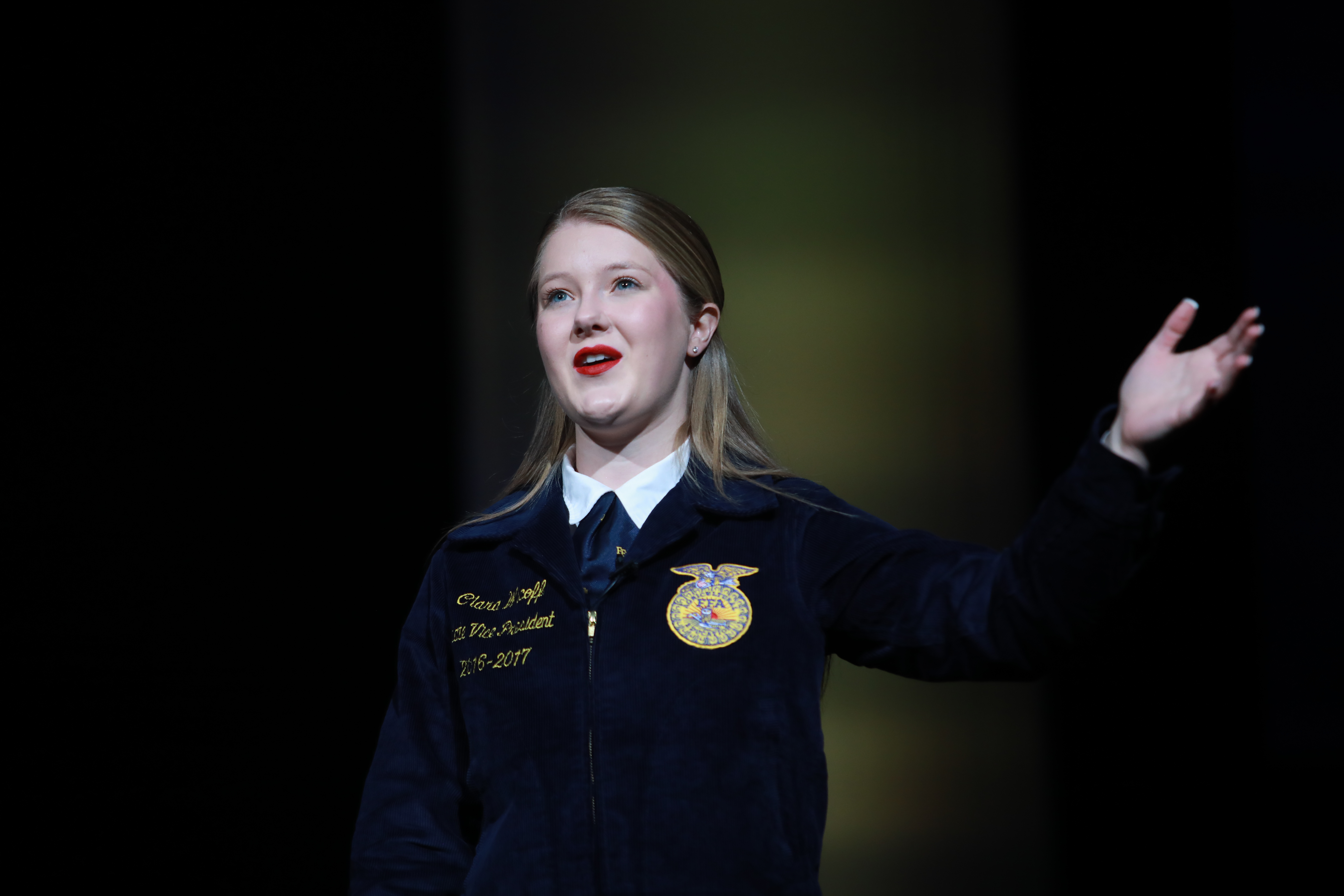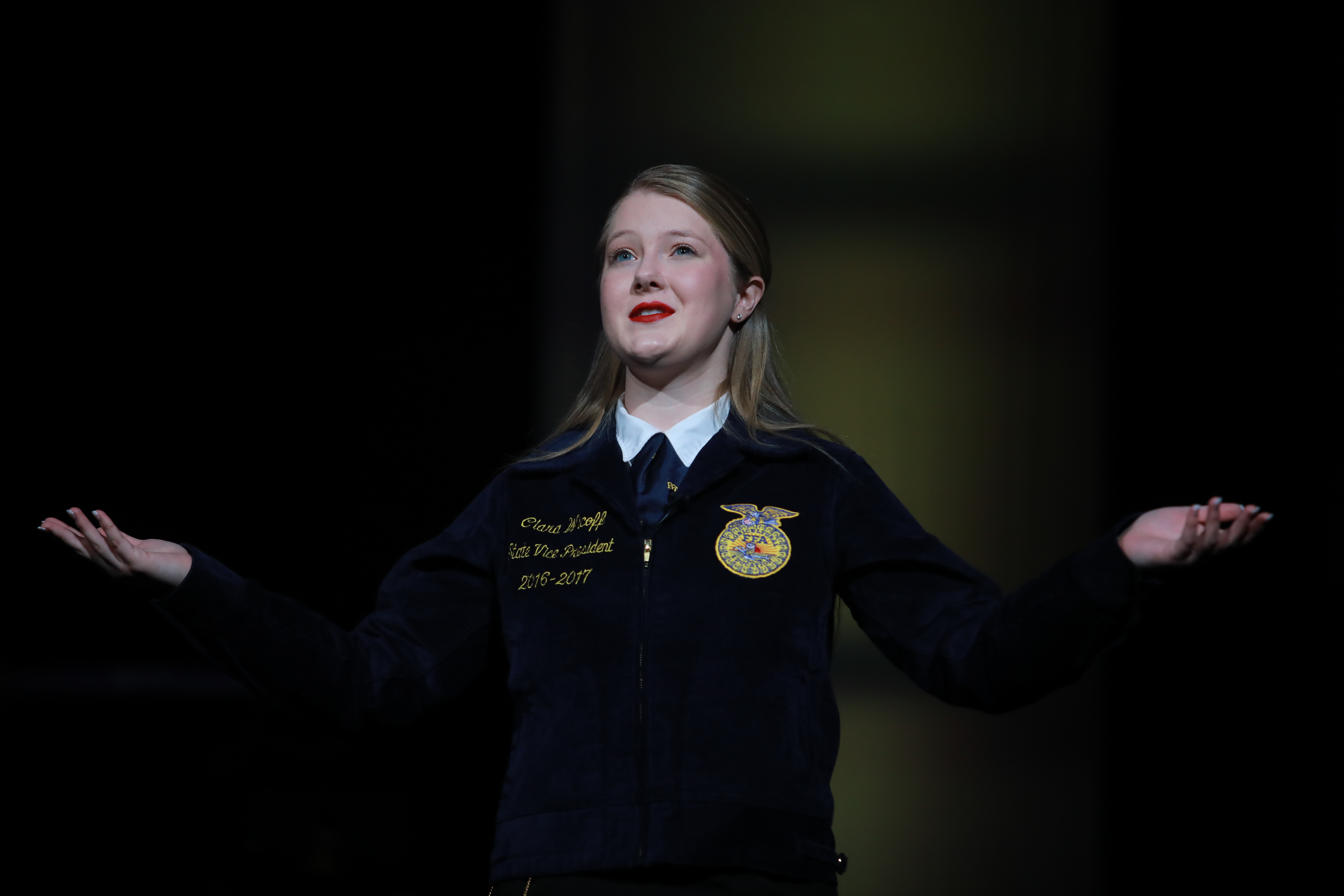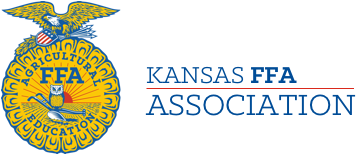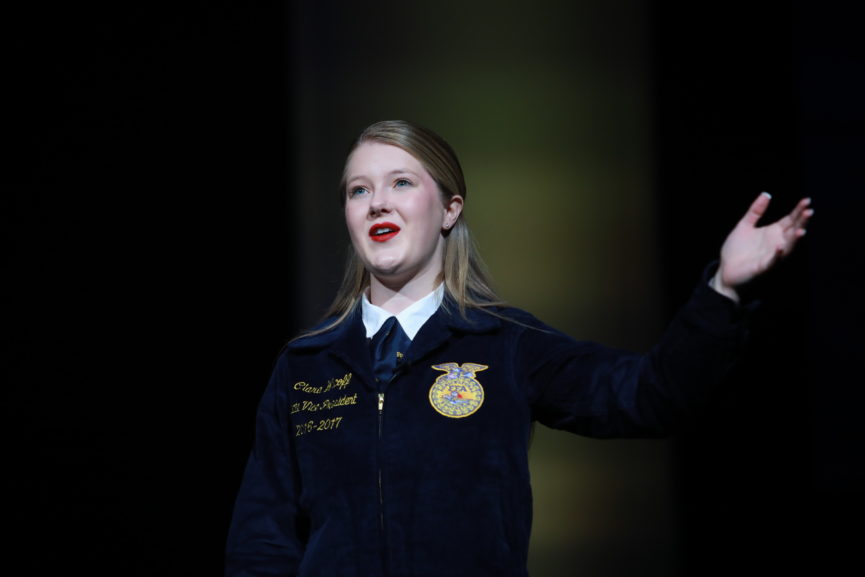Small Things
Every time we turn on the news, it seems like the  story gets even worse. As a “creature of habit,” one of my daily routines involves reading the USA Today at lunch every day. But lately, the stories within the pages of these newspapers seem to be getting darker. Famine in South Sudan. Tension with North Korea. Civil war in Syria. Hunger in Venezuela. It is easy to feel engulfed by powerlessness. According to Harvard Business School professor and social psychologist Amy Cuddy: “Powerlessness engulfs us – and all that we believe, know, and feel. It enshrouds who we are, making us feel invisible.”
story gets even worse. As a “creature of habit,” one of my daily routines involves reading the USA Today at lunch every day. But lately, the stories within the pages of these newspapers seem to be getting darker. Famine in South Sudan. Tension with North Korea. Civil war in Syria. Hunger in Venezuela. It is easy to feel engulfed by powerlessness. According to Harvard Business School professor and social psychologist Amy Cuddy: “Powerlessness engulfs us – and all that we believe, know, and feel. It enshrouds who we are, making us feel invisible.”
But here’ s the thing: we are not powerless. By learning to look at what is in front of us, acting locally, and thinking globally, each of us has the potential overcome that feeling of powerlessness and have a significant impact. All we have to do is start small. Because normal, everyday people like you and I have the potential to transform their communities and our world.
Let’s take a second to soak that in. Normal, everyday people like you and I have the potential to transform their communities and our world. This includes each and every one of us sitting here in McCain today. It also includes my teammate, Liz.
A few months ago, Liz and I were getting ready to an FFA event. We were both pretty hungry, so we decided to grab some food on our way there. As Liz was buying a slice of Casey’ s pizza, she was given an extra slice of pizza for free. I was pretty focused on my lunch, so I didn’t think anything of it. But as Liz and I started to leave on our way to that FFA event, she pulled the car into a parking lot and stopped. She grabbed the extra slice of pizza and exited the car. As I watched Liz take the food to a young woman, sitting in the cold with a thin jacket and a cardboard sign, I was reminded that we do not have to hold high positions or have important titles to have an impact. We just have to learn to look.
Unlike Liz, I had not noticed this young woman. I wasn’t looking, so I did not see a need to take action. How many of us do this in our own communities? We are so focused on getting through each day and making it to the weekend that we do not see anything wrong in our communities. And when we don’t see anything that needs to be done, because we are not looking, we have no reason to act.
Normal, everyday people have made significant impacts in our world. Kansas FFA members and guests, we are not powerless. Each of us has the potential to make a significant impact in the world we live in.
Someone once asked Mother Teresa: “The problems of the world are so vast. How can you possibly hope to solve them?” She responded: “You do the thing that’ s in front of you.” So, what’ s in front of you? For the next few moments, let’ s each picture our own community. Look around. What is in front of us? What is one need we can address in our communities? Maybe it’ s hunger or food insecurity. Maybe it’s homelessness. Maybe there are young children in our communities who are struggling with reading. Maybe there are problems with bullying in our high schools. Maybe there are students with special needs in our high schools who could simply use a friend. Maybe there is an abundance of stray animals, with nowhere to go. Maybe there are seniors living in our retirement homes, wishing to tell their stories but with no one to talk to. Maybe the need we see is something else entirely. What needs do we see? Think of a specific need in your community. Keep this in your mind, we will be coming back to it later.
Now, you may be thinking: “Okay, so I can definitely think of a need. I know that there are things in my community that need attention. Great. But how do I do anything about it?” It all comes down to four simple words: act local, think global. Let me explain.
As an agriculturist and someone who is extremely passionate about food security, it’ s especially hard for me to wrap my mind around the fact that quite a few people in our word today struggle at times to put food on the table, especially when I think about the impact it has on children. According to Feeding America, 13.1 million children in our country live in food-insecure households. For many of these children, the meals they eat at school are the only meals they know they will receive. So what happens during the summertime, when they are not in school? The United States Department of Agriculture funds the Summer Food Service Program, which provides free meals to youth 18 years of age and younger during the summer. For the past two summers, I have volunteered with my local summer food service program. I will be the first to admit it – by volunteering to count the number of kids who came to eat lunch and filing reports of this number for program reimbursement, I did not change the world. I was pretty discouraged by feelings of powerlessness. I began to wonder – how much impact can one person really have?
When I think about the impact one individual can have, I often think of Mother Teresa. In his book Changing the Face of Hunger, Tony Hall tells the following story. “Someone asked Mother Teresa, ‘Don’t you think what you do is kind of a drop in the bucket?’ And she answered, ‘No, it’s a drop in the ocean. But if I didn’t do it, it would be one less drop.’”
When I read this quote from Mother Teresa, I came to a new realization. While volunteering with my summer food service program, I was just a drop in the ocean. But that’s the thing – I was a drop. While thinking about global food insecurity, I acted locally. I did the thing that was in front of me, and that’s preparing me to do the next thing and the thing after that.
By doing what was in front of her and being that one drop, Mother Teresa embodied the “act local, think global” concept. Each of us can “act local” by taking action in our communities, while also taking the time to “think global” and consider the global context. As Robert C. Groom, a journal editor writing about acting locally, once put it: “thinking globally and acting locally, in its simplest form, is a commitment to personal change.” It’s a commitment to transforming our world by starting in our local communities. As high school students, it is pretty difficult to do something that changes the world. When we “act local, think global” and do the thing that is in front of us, we not only have an impact on our communities, but we also become better prepared to have a larger impact in the future.
Kansas FFA members and guests, it is time for us to make this commitment to personal change. We must “act local, think global.”
According to Amy Cuddy: “When we’re deciding whether or not to do something – ask a person out on a date, raise a hand in class, even volunteer to help a person in need – we focus on one of two things: either the possible benefits of the action (e.g., a new relationship, expressing ourselves, or the gratification of having helped someone) or the possible costs of the action (e.g., having our hearts broken, sounding foolish, or looking foolish). If we are focused on the potential benefits, we’re likely to take action, thereby approaching the positive. If we are focused on the potential costs, we’re likely not to act, thereby avoiding the potential dangers. Power makes us approach. Powerlessness makes us avoid.”
Kansas FFA, we are not powerless. So, let’s go back to that specific need in your community that you identified earlier. Now, what is one small thing you can do to address that need in your community and make a positive change? Maybe it’s volunteering at your local food pantry, or organizing a blood drive at your high school. Maybe it’s helping out an elderly neighbor by mowing their lawn, or raking their leaves in the fall. Maybe it’s spending time getting to know the seniors at your local retirement home, or volunteering as a mentor in your local elementary school to help children learn to read. And maybe it’s none of these things – maybe it’s something that’s never been done before in your community. Whatever that one small thing is, grab onto the thought of it and hold onto that thought throughout the rest of this convention. And when you get back home, take action! Act locally, and think globally.
One of my favorite authors, Roald Dahl, wrote: “If you are interested in something, go at it full speed ahead. Embrace it, hug it, love it… Lukewarm is no good.” Kansas FFA, we are not powerless. Each of us has the power to incite change. It is pretty clear that our world is in need of a transformation. Lukewarm is simply no good. It is time to go full speed ahead. By doing the small thing that is in front of us, acting locally, and thinking globally, we can have an impact. We can transform. When we do the thing that is in front of us, the smallest things can make all the difference.


